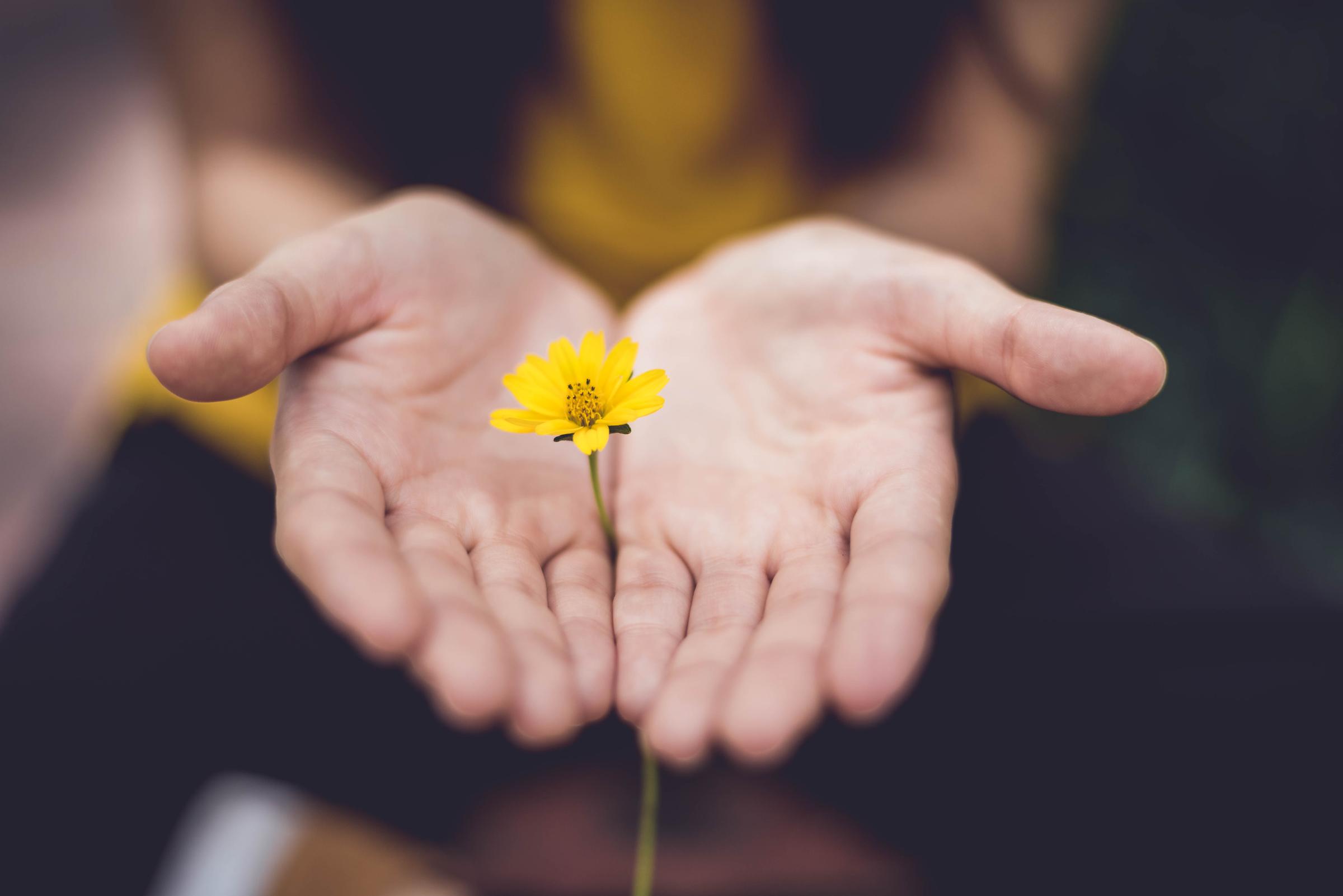Health & Wellbeing
From our College Counsellors

Health & Wellbeing
From our College Counsellors
“Adapted from tips shared by a St Philp’s students”
We’d love to hear other stories of student’s tips.
You can contact Tim and Chloe at ruok@stphilips.nt.edu.au
When a young person presents for the first time, we are often curious to ask them ‘What do counsellors do anyway?’ Quite often a response would be that we are here to listen to their problems, make them feel better, believe what they are saying and to feel heard. Arguably we all have the skills to critically reflect, feel good about ourselves, have belief and listen. Implying that we are all experts in our own lives. So what gets in the way of this occurring?
There are many truths to one’s own experience. And how we view ourselves is often affected by the interactions we have with others, whether that be family, friendships, spiritual connections, and our cultural background. Living our life in our preferred way takes courage. There are many social structures and dominant discourses that effect how we view ourselves and the narratives behind our own life story. Is walking away with a diagnosis the full story to why we may present for counselling support?
Michel Foucault, a notable French philosopher wrote that:
In context to our role(s) within the family, college, community and what may present to any of us by a young person who may be experiencing a level of fear (anxiety) in their life. Let’s pose the following questions that we all have the ability to ponder about. What is this fear about? Fear from what? Trusting themselves, taking risks, making friendships, preparing for an exam, fear of social groups, being seen as stupid, not fitting in, or fear of not knowing what the next chapter in their life’s story will look like? I have listed some questions to consider when trying to understand the intention behind a young person’s fear.
‘To know fear does that imply that you know what courage is?’
So, if we were to enrich this view that you now have of fear can I ask:
‘If this makes sense, when was your most recent experience of using courage?
‘What steps did you take when implementing this action of courage?’
‘What gets in the way of courage taking action?’ i.e.
What did using courage in this way show what you were committed to?’
‘How can these steps you took help you in the future?’
‘Is it useful to look at fear in this way?’
It is not possible to talk about anything without drawing out what it is not. Every expression of life is in relation to something else. This shift reflects the way in which the stories of life and self that we are looking for are seen as alternatives or exceptions to the problem stories. They are not being thought of as just any old alternatives, but are seen as stories that represent people’s intentions for their lives.
These preferred stories ‘‘fit’’ with what people want for their lives and what matters to them, for example their values. The term preferred conveys the sense that we make a choice to search for something other than the problem and that people have preferences about how they wish to live their lives.
The primary focus in our approach relates to how people understand their lived experience and how they can be invited into a sense of personal agency in relation to responding to the problem situations that they encounter.
We have found that with the young people that we consult with there are always exceptions to their dominating problem stories that present when they are seeking counsel.
A proverb that has been attributed to African cultures is that ‘It takes a village to raise a child’, which means that it takes an entire community to raise a child: A child has the best ability to become a healthy adult if the entire community takes an active role in contributing to the rearing of the child. I hope that we can be seen as part of that village in the context of working within the St Philip's school community.